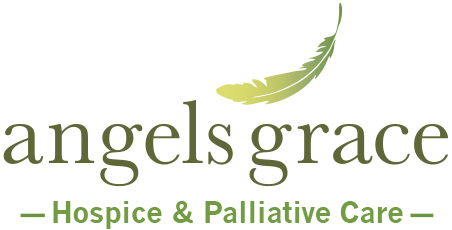An advance directive is a legal document created by you and your attorney, providing clear instructions to your health care team and loved ones. The document serves as written instructions regarding health care decisions you want for your future. These directives also designate who you would like to make decisions on your behalf, if you are unable to do so.
What’s A Power of Attorney?A Power of Attorney for Healthcare (POAHC) is a document that you complete, designating a person of your choice, to make decisions on your behalf, when you are unable to do so. The POAHC does not go into effect until that time, or until you make the decision to defer to that person on your behalf.
What Does “Do Not Resuscitate” Mean?A Do Not Resuscitate (DNR) is a document that you or your loved one/POAHC complete, that list out your specific requests at end of life, including which if any lifesaving and/or aggressive health measure you would want taken if your heart was to stop beating, or you were no longer breathing.
In hospice care, a DNR is often in place. You do not have to have a DNR to be in hospice care, but to align with the goals of hospice care, and your request to have comfort measures only, one is highly encouraged. The hospice team can discuss your options in detail, and are able to complete the DNR document with you and your loved ones at any point in your hospice care.
If you do not have advance directives in place and you become unable to make any decisions for yourself, the medical team will look to your family for instruction regarding your care. You may also be assigned a person to make decisions on your behalf. To ensure your wishes are followed, to help assist your loved ones in making the decisions you would want, completion of the advance directives is highly encouraged.
An advance directive is in place to help guide your loved ones and medical team in medical decisions only. It does not include any decision making for finances or property.


